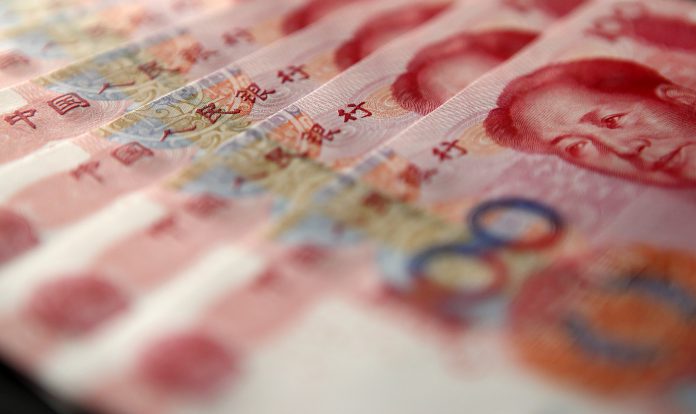(Bloomberg) – While the nation’s stocks, commodities and house prices have all shown steady returns, government debt has fallen, with the 10-year yield climbing almost a full percentage point to above 4 percent.
A government deleveraging campaign, faster inflation and expectations of monetary tightening down the road are undermining the case for holding bonds, just as a stabilizing economy and stronger currency boost the attractiveness of other Chinese assets.
The latest selloff came after People’s Bank of China Governor Zhou Xiaochuan voiced concern over high borrowing levels and signaled that economic growth could beat expectations.
Stocks have (mostly) been a better place to invest in 2017, with the CSI 300 Index of large-cap shares gaining 24 per cent after two rocky years. Consumer staples — especially liquor makers — have outperformed, along with technology companies and raw material producers. Small caps have failed the grade, thanks to their vulnerability to deleveraging, with the ChiNext index falling 3.3 per cent.
Analysts say the bond-market pain isn’t over yet, with the move past 4 per cent in yields likely to trigger deeper declines amid stop-loss trades. Australia & New Zealand Banking Group Ltd. says it may spill over into corporate bonds too, and that debt investors need to watch out for tighter monetary policy next year, which would only make things worse.




















